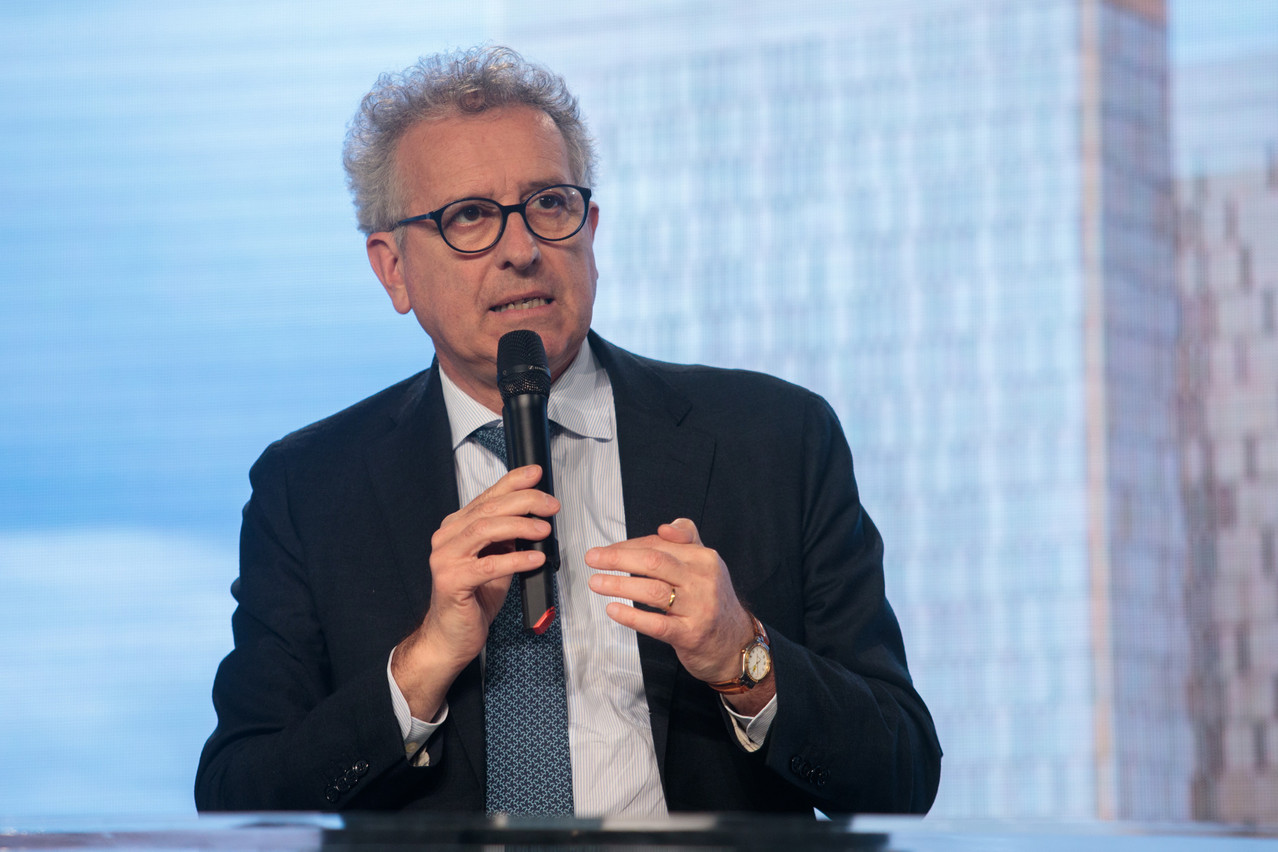Regling is due to step down in October and the ESM in March opened a call for applications. Politico last month had reported that Gramegna was .
The government on Monday confirmed his candidacy in a press release. “Over the past few weeks, Pierre Gramegna has been approached by several member states and stakeholders to run for this position,” a statement said. “Since he responded positively to these encouragements, he informed the government of his wish to stand as a candidate.”
The ESM managing director is elected by the institution’s governing board. This is made up of the finance ministers of its 19 member countries and chaired by Paschal Donohoe, the president of the Eurogroup.
Gramegna in 2020 was up against Donohoe to take the chair of the Eurogroup, a meeting of euro currency countries.
Luxembourg finance minister Yuriko Backes (DP), who succeeded Gramegna in January, has submitted her predecessor’s application to the ESM. A final decision on Regling’s succession is due on 16 June, with Eurogroup members set to agree on a candidate during their next meeting on 23 May.
“The current particularly uncertain international context, marked by the war in Ukraine following an unprecedented pandemic, calls for the candidacy of a convinced, experienced European who knows the workings of the European institutions,” the Luxembourg statement said further.
The European Stability Mechanism is a permanent rescue fund that was set up in 2012 to provide loans to euro area countries in financial distress. Assistance is granted under a series of conditions to help protect the financial stability of euro area countries and the eurozone as a whole.
Greece, Ireland, Portugal and Cyprus concluded ESM programmes in the wake of the 2008 financial crisis, following which the mechanism was established.
Gramegna announced his surprise resignation last December, saying he would not be running for a government office in 2023 and wanted to leave ample time for a successor to get up to speed ahead of the next national elections. He also cited family reasons, saying he would become a grandfather for the first time in the near future.
